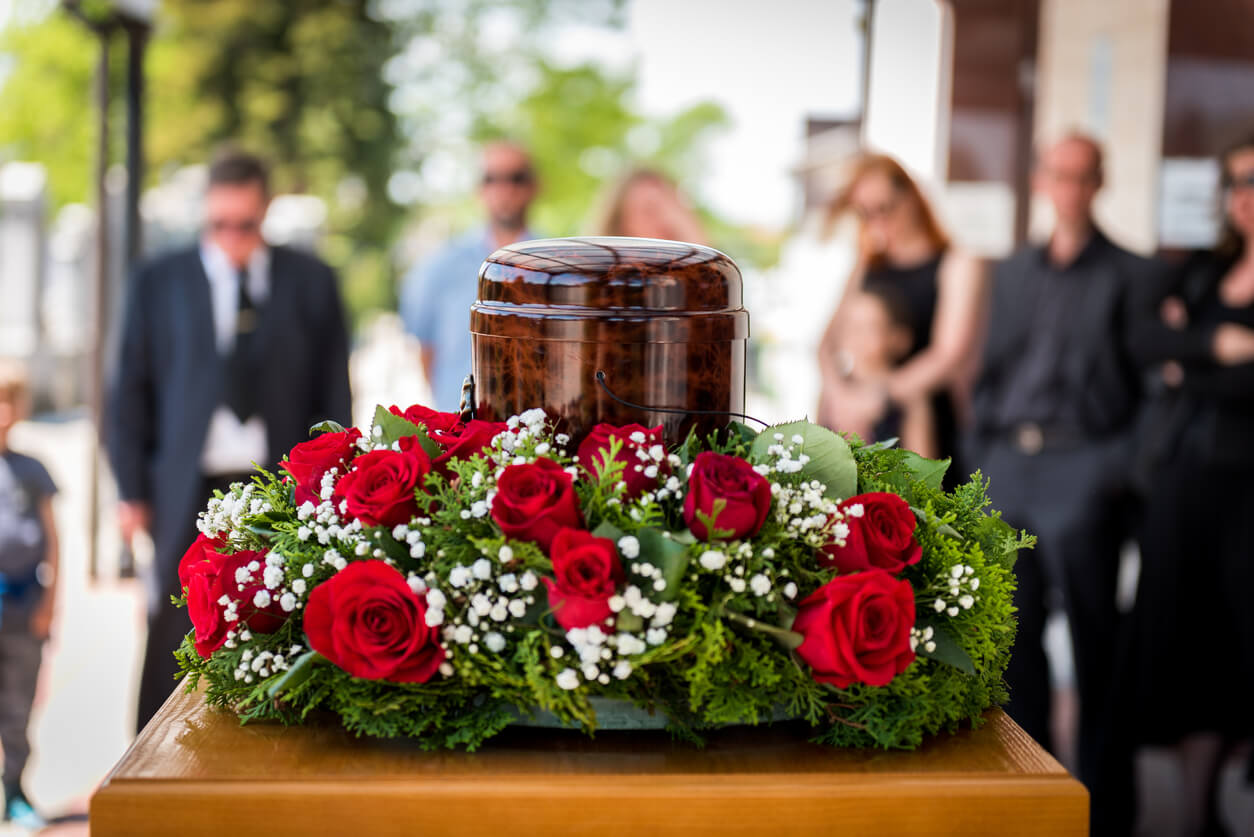How Can You Navigate Modern Cremation Choices and Costs Effectively?
Facing decisions around cremation involves balancing personal wishes, budget, and environmental values. In 2025, families have more options than ever, from traditional services to innovative eco-conscious alternatives. Understanding the process, costs, and available services is essential for making informed choices during an emotional time.
Understanding Cremation Methods Cremation in the UK primarily uses gas-powered chambers, reducing a body to ashes in 90–120 minutes. However, 2025 sees rising interest in alkaline hydrolysis (water cremation), a chemical process with 90% lower emissions. While only 15% of UK facilities currently offer this method, demand is growing among eco-conscious households. Traditional flame-based cremation remains dominant due to accessibility, but newer options allow families to align services with personal or environmental values. Religious and cultural adaptations—such as rapid cremation for Hindu families or delayed services for distant relatives via livestream—are increasingly integrated into modern packages.
Breaking Down Cremation Costs in 2025 Cremation expenses vary widely: direct cremation (no ceremony) costs £1,200–£1,800, while full services range £3,000–£4,500. Time slots affect pricing—peak hours (10am–3pm) at urban crematoriums cost 20% more than early mornings. Additional fees for memorial urns (£80–£500), ash scattering permits (£50–£200), or eco-certified coffins (£200–£600) can inflate budgets. To save, compare quotes from funeral directors offering fixed-price cremation packages. Charities like Quaker Social Action provide grants for low-income households, ensuring affordability remains achievable.
Eco-Friendly Innovations in Cremation Sustainability drives 2025’s cremation trends. Water cremation, though pricier (£2,500–£3,200), appeals for its minimal carbon footprint. Biodegradable urns designed for tree planting (£40–£150) or coral reef integration (£300+) offer meaningful memorials. Some UK crematoriums now use renewable energy, reducing gas consumption by 30%. For families prioritising green practices, hybrid services combine carbon-offset cremation with digital guestbooks to minimise waste. However, limited regional availability of eco-options may require advance planning.
Tailored Cremation Services for Every Need From no-frills direct cremation to elaborate ceremonies, UK providers cater to diverse preferences. Full-service packages include body preparation, floral arrangements, and venue bookings, while bespoke add-ons like dove releases (£150) or personalised video tributes (£250) create unique farewells. Ashes can be interred in memorial gardens, turned into jewellery (£200–£1,000), or launched into space (£2,500+). Legal support for documentation is often included, easing administrative burdens. Direct cremation’s simplicity appeals to those planning separate celebrations of life, offering flexibility in timing and location.
Making Informed Cremation Decisions
Choosing cremation in 2025 involves weighing cost, sustainability, and personalisation. Whether opting for budget-friendly direct cremation, eco-conscious water-based methods, or culturally tailored services, transparency about fees and options is critical. Discuss preferences with loved ones early and consult accredited funeral planners to avoid overspending. With evolving technologies and greener practices, cremation continues adapting to meet modern needs while honouring tradition. By understanding available choices, families can create meaningful, affordable tributes that reflect their values during life’s final chapter.
For detailed comparisons of cremation providers or financial assistance programmes, consult the National Association of Funeral Directors or Citizens Advice Bureau.
